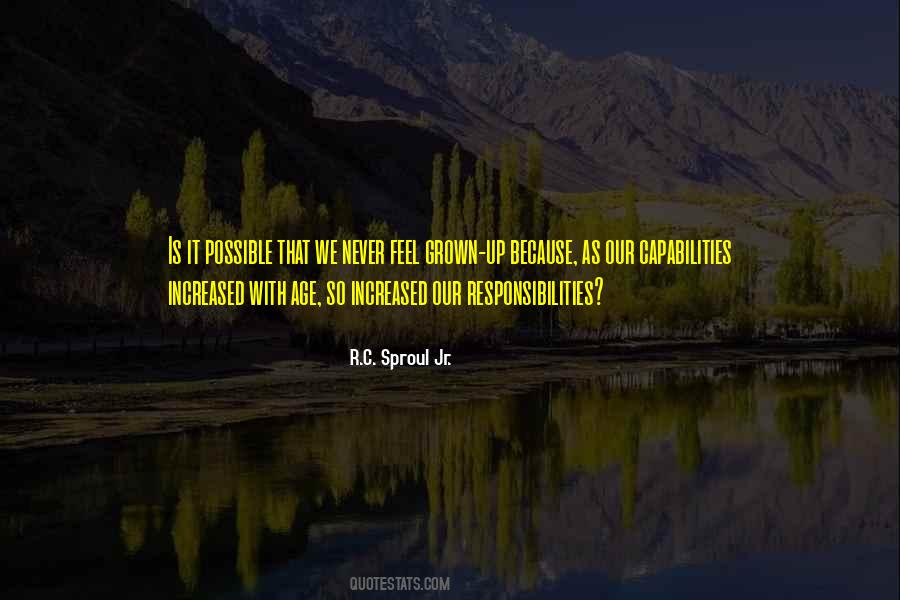


Even filtered through the distinctive cultural practices and beliefs of the Greenland Inuit a hundred years ago, the syndrome the Inuit called "kayak angst" (those afflicted by it were afraid to go out seal hunting alone) appears to be little different from what we today call agoraphobia. Why did the ancient Greeks of the Hippocratic school see anxiety mainly as a medical condition, while Enlightenment philosophers saw it as an intellectual problem? Why did the early existentialists see anxiety as a spiritual condition, while Gilded Age doctors saw it as a specifically Anglo-Saxon stress response - a response that they believed spared Catholic societies - to the Industrial Revolution? Why did the early Freudians see anxiety as a psychological condition emanating from sexual inhibition, whereas our own age tends to see it, once again, as a medical and neurochemical condition, a problem of malfunctioning biomechanics?ĭo these shifting interpretations represent the forward march of progress and science? Or simply the changing, and often cyclical, ways in which cultures work? What does it say about the societies in question that Americans showing up in emergency rooms with panic attacks tend to believe they're having heart attacks, whereas Japanese tend to be afraid they're going to faint? Are the Iranians who complain of what they call "heart distress" suffering what Western psychiatrists would call panic attacks? Are the ataques de nervios experienced by South Americans simply panic attacks with a Latino inflection - or are they, as modern researchers now believe, a distinct cultural and medical syndrome? Why do drug treatments for anxiety that work so well on Americans and the French seem not to work effectively on the Chinese?Īs fascinating and multifarious as these cultural idiosyncrasies are, the underlying consistency of experience across time and cultures speaks to the universality of anxiety as a human trait. The differences in how various cultures and eras have perceived and understood anxiety can tell us a lot about those cultures and eras. To grapple with and understand anxiety is, in some sense, to grapple with and understand the human condition. Some eighty years ago, Freud proposed that anxiety was "a riddle whose solution would be bound to throw a flood of light on our whole mental existence." Unlocking the mysteries of anxiety, he believed, would go far in helping us to unravel the mysteries of the mind: consciousness, the self, identity, intellect, imagination, creativity - not to mention pain, suffering, hope, and regret.


 0 kommentar(er)
0 kommentar(er)
